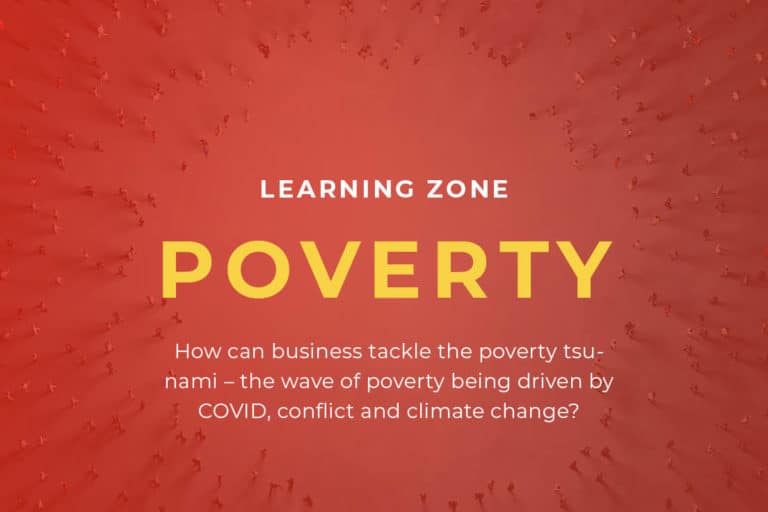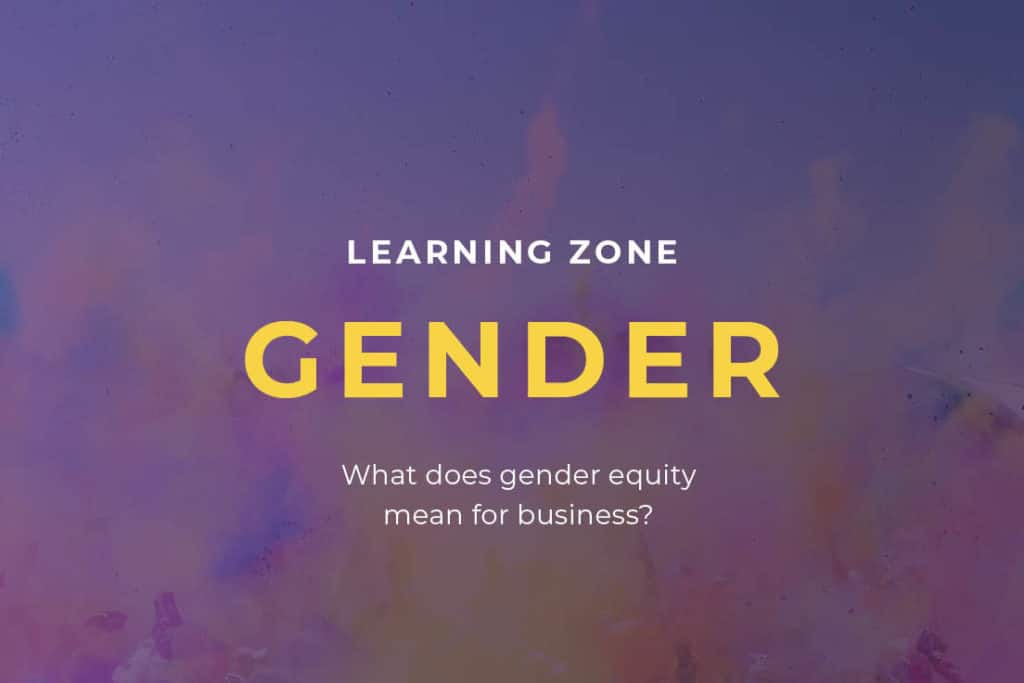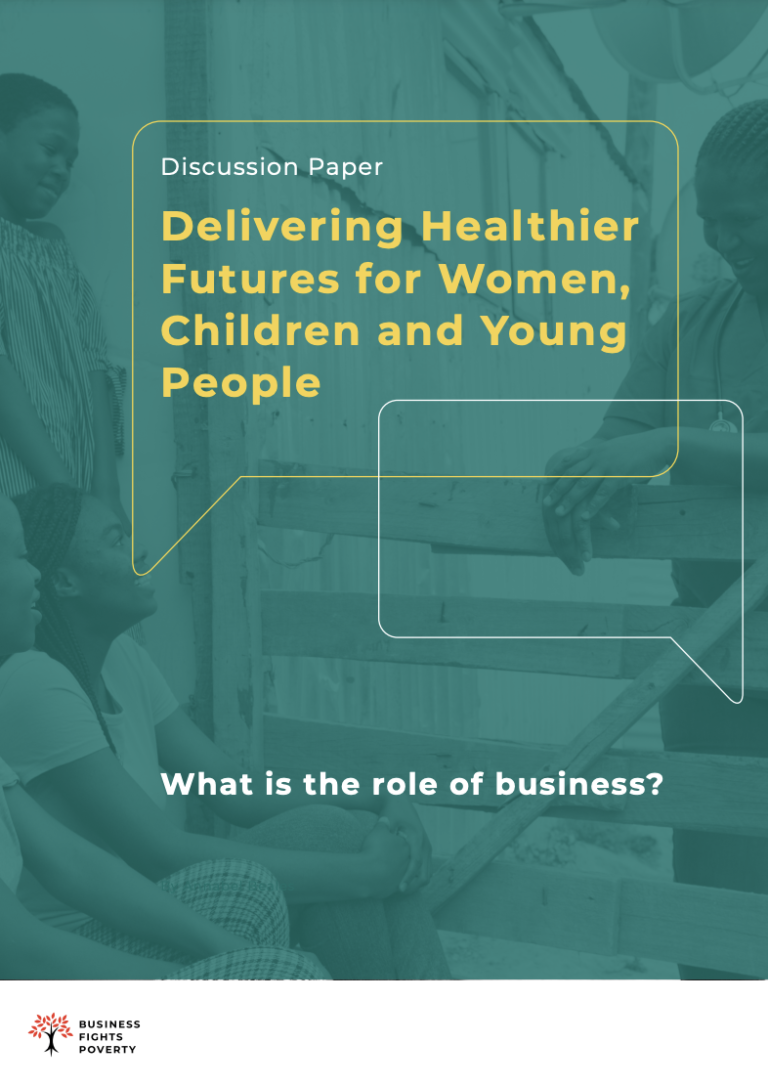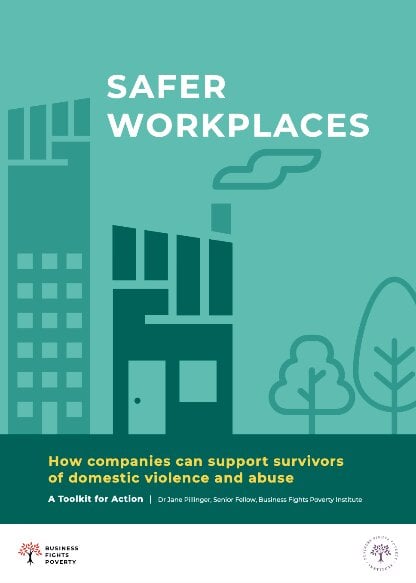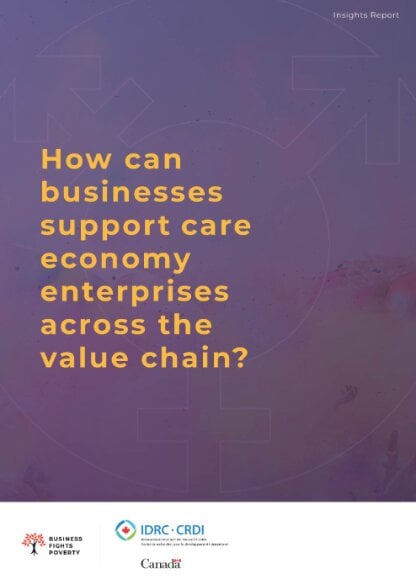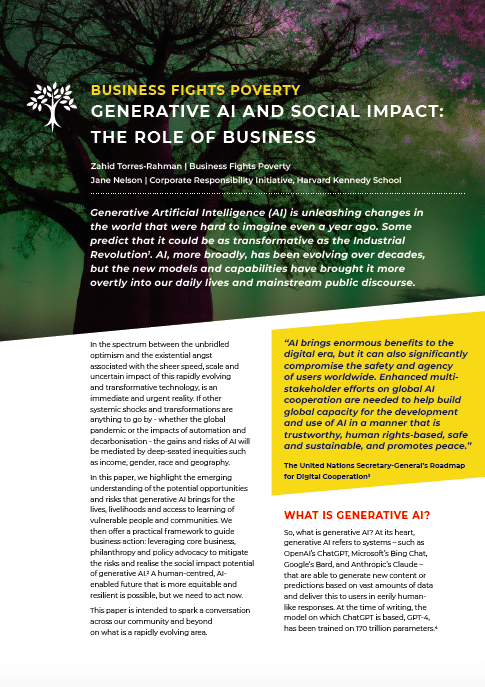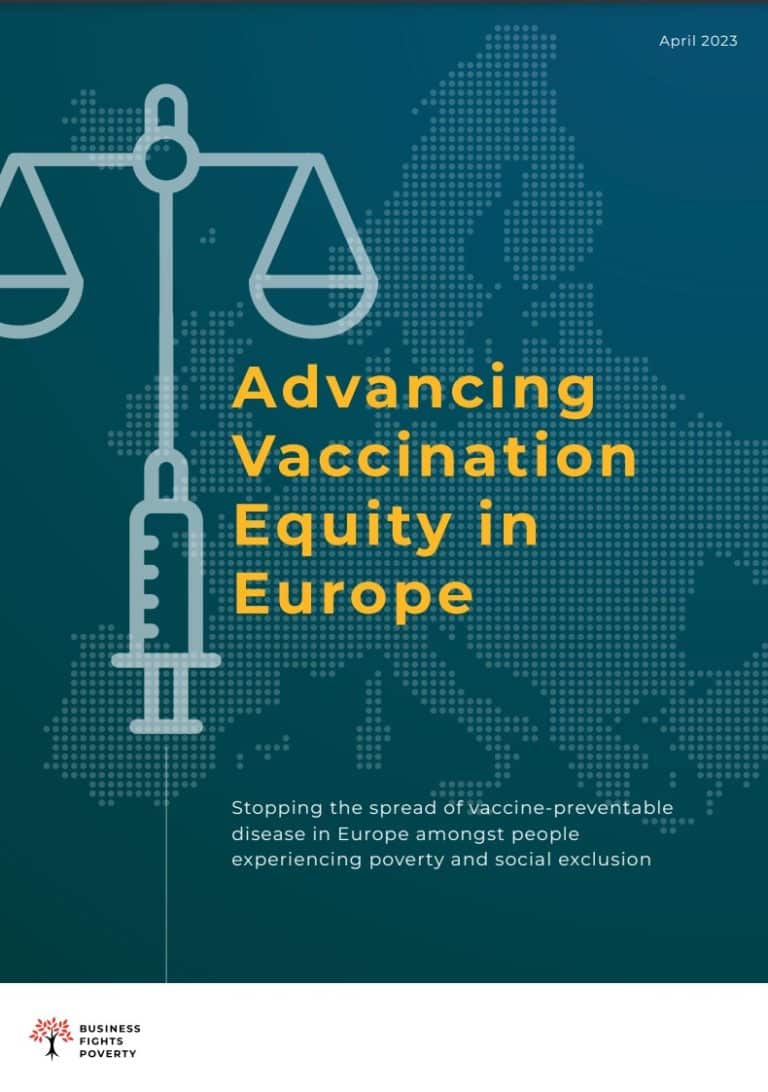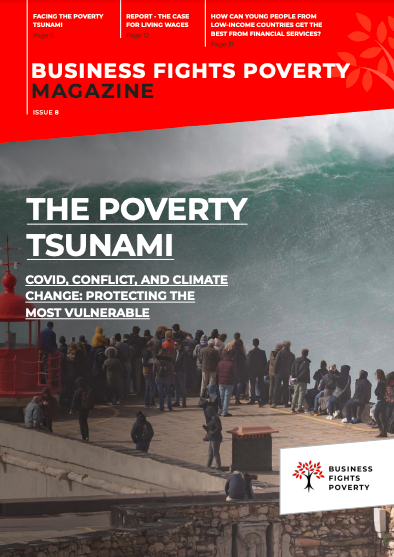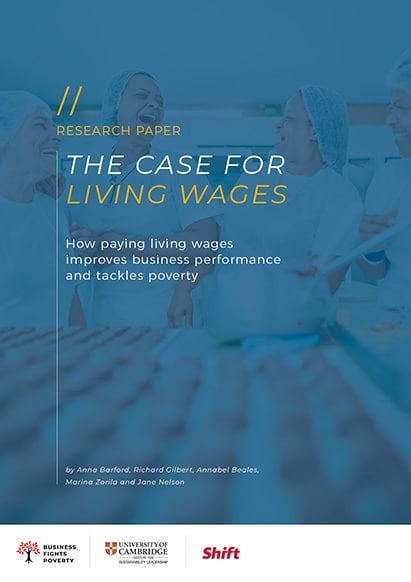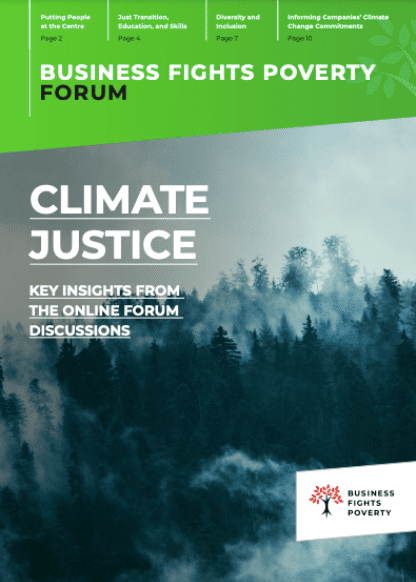This discussion paper underscores the pivotal role of the private sector in improving the health of women, children, and young people, essential for sustainable and equitable development. It highlights the increasing demand for healthcare services and the innovative solutions needed to address global health crises. With insights from a broad spectrum of stakeholders, including businesses, governments, and civil society, the paper presents a framework for collaboration, emphasizing the urgency to bridge healthcare gaps and achieve the Sustainable Development Goals. With the Global Financing Facility (GFF) and Business Fights Poverty.
2024
